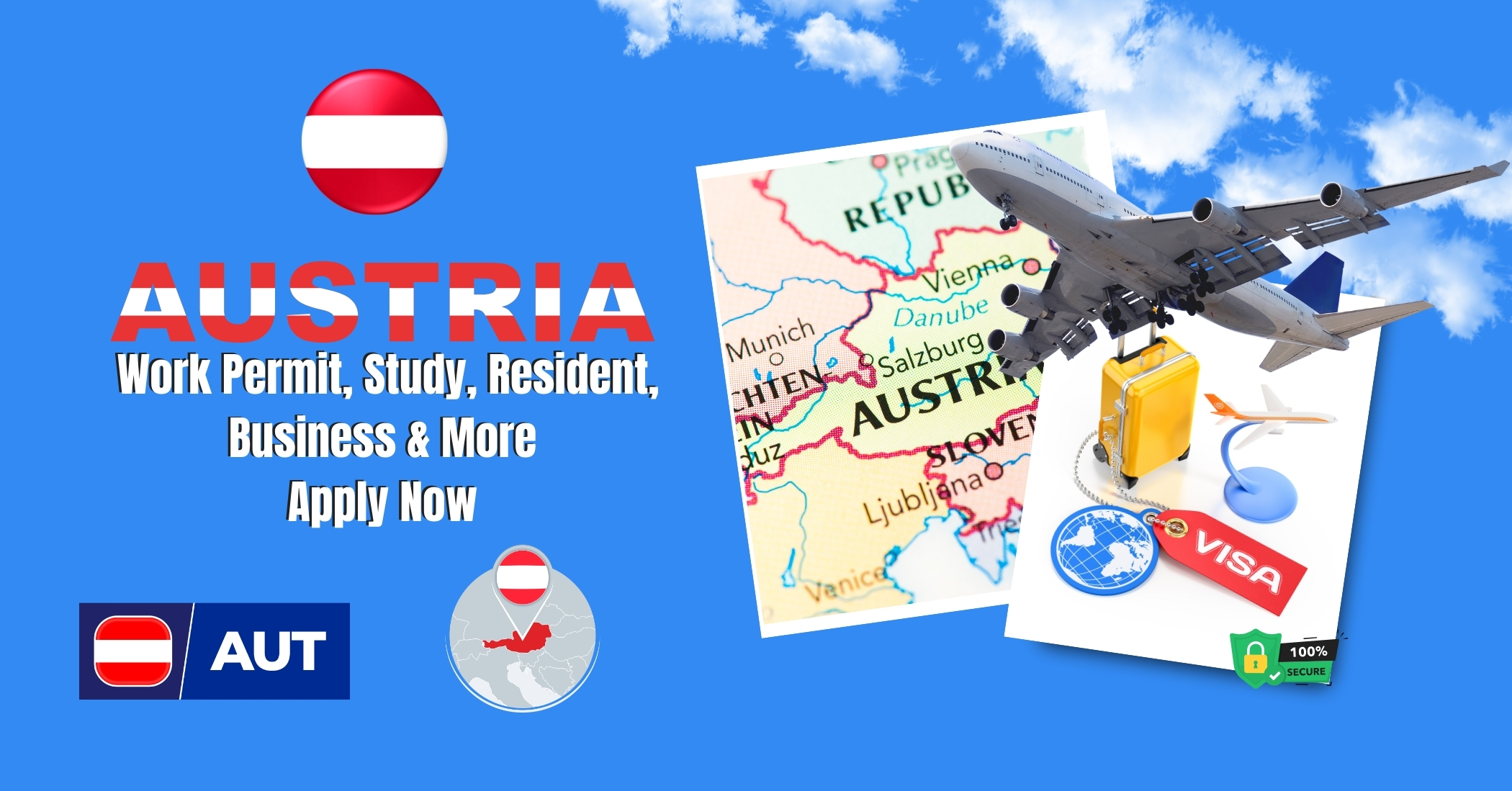Unlocking Opportunities: Austria Work Permit Visa for Bangladeshi Applicants
Austria, a picturesque country nestled in the heart of Europe, is renowned for its high standard of living, robust economy, and diverse job market. For individuals from Bangladesh seeking to expand their horizons, Austria offers a range of opportunities through its work permit visa programmes. This article provides an in-depth analysis of the Austria work permit visa process, tailored specifically for applicants from Bangladesh.
Why Consider Austria?
Austria boasts a stable economy with a strong demand for skilled professionals across various sectors, including healthcare, engineering, IT, tourism, and construction. As a member of the European Union, it provides workers with access to a wider European job market, competitive wages, and exceptional work-life balance.
Types of Work Permits Available
-
Red-White-Red Card: This is the most common work permit designed for highly skilled workers, graduates of Austrian universities, and professionals in occupations facing labour shortages.
-
EU Blue Card: Aimed at highly qualified professionals with an academic degree, this card allows non-EU nationals to work and reside in Austria.
-
Seasonal Work Permit: Designed for workers in industries like agriculture and tourism, where labour demand fluctuates seasonally.
-
Job Seeker Visa: This visa enables skilled individuals to enter Austria and search for employment within a set timeframe.
Eligibility Criteria
To qualify for a work permit, Bangladeshi applicants must meet specific requirements:
-
Educational Qualifications:
- For the Red-White-Red Card and EU Blue Card, a recognised degree or specialised training in a relevant field is essential.
- Seasonal permits may not require higher education but often demand proof of relevant skills or experience.
-
Language Proficiency:
- Proficiency in German or English significantly boosts employability and application success. Certificates such as IELTS or Goethe Institute’s exams may be required.
-
Job Offer:
- A valid job offer from an Austrian employer is crucial for most work permits.
- The employer may need to prove that no suitable candidate within Austria or the EU is available for the role.
-
Financial Stability:
- Proof of financial means to support oneself initially in Austria.
-
Health Insurance:
- Comprehensive health insurance coverage is mandatory.
Application Process
-
Job Search:
- Use platforms like EURES, LinkedIn, and Austrian job portals to identify potential employers.
- Tailor your CV and cover letter to meet Austrian standards.
-
Application Submission:
- Apply through the Austrian embassy in Dhaka or directly in Austria if eligible.
- Provide all required documentation, including passport, educational certificates, job contract, and proof of language proficiency.
-
Processing Time:
- The processing period can vary but generally ranges from four to twelve weeks.
-
Post-Approval Steps:
- Upon approval, collect your visa from the embassy.
- Arrange travel and accommodation in Austria.
Challenges and Tips for Bangladeshi Applicants
-
Cultural and Language Barriers:
- Investing time in learning German can ease communication and integration.
-
Recognising Qualifications:
- Ensure your educational qualifications are recognised by Austrian authorities.
-
Competition:
- Highlight unique skills and experiences that differentiate you from other candidates.
Benefits of Working in Austria
- Economic Security: Austria’s high salaries and robust social benefits provide a strong sense of financial stability.
- Pathway to Residency: Many work permits pave the way to long-term residency and citizenship.
- Quality of Life: With excellent healthcare, education, and public infrastructure, Austria ranks among the best countries for living standards.
Conclusion
Securing an Austria work permit visa can be a transformative step for Bangladeshi individuals seeking international career opportunities. While the process requires careful planning, the rewards—both professional and personal—are substantial. By preparing diligently and leveraging available resources, applicants can unlock new horizons in one of Europe’s most prosperous nations.








